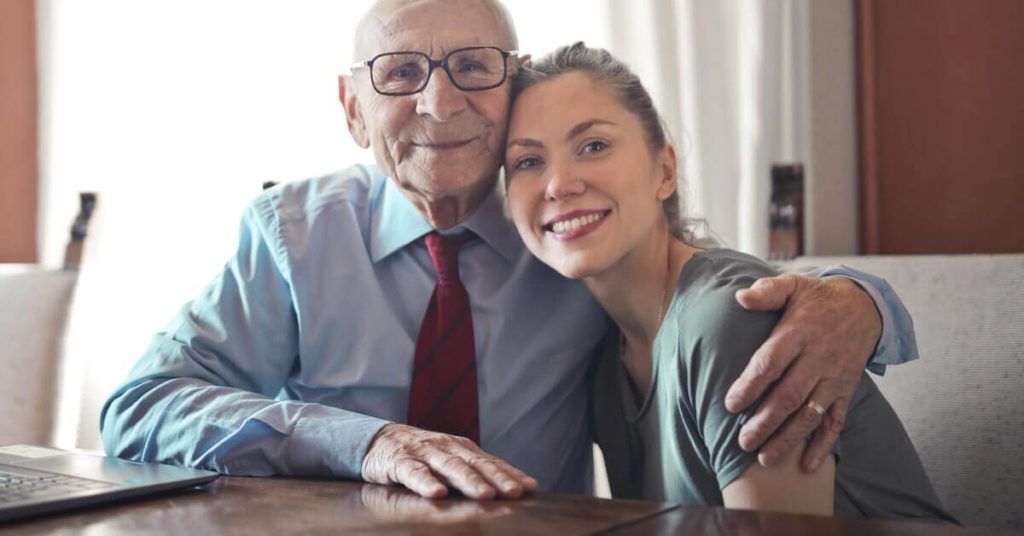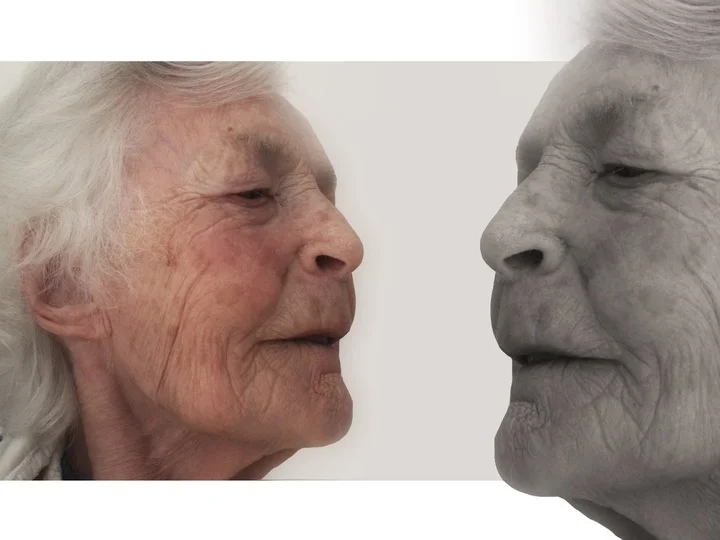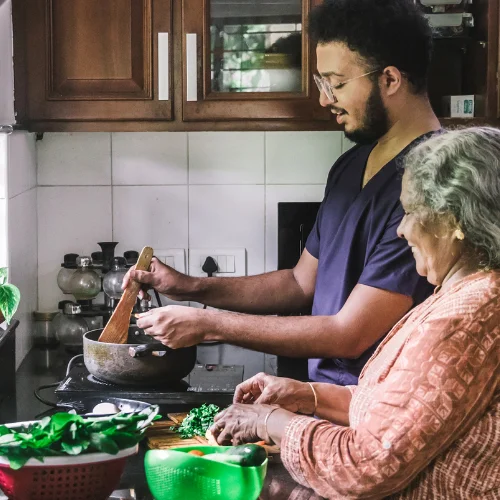Does a Person with Dementia Know They Are Confused?
As we grow older, it’s natural for our minds to experience some changes. But for those living with dementia, these changes can be more pronounced and challenging. One common question that arises is whether a person with dementia is aware of their confusion. It’s a delicate and essential topic to explore, as understanding their perspective can help us provide the care and support they need. So, let’s delve into this matter with compassion and clarity.
Understanding Dementia and Its Impact

First things first, let’s make sure we’re on the same page about what dementia is. Dementia is an umbrella term for a range of cognitive impairments that affect memory, thinking, behavior, and the ability to perform everyday tasks. Alzheimer’s disease is the most common cause of dementia, accounting for about 60-80% of cases.
As caregivers, we see firsthand how dementia takes a toll on our loved ones. But it’s essential to remember that dementia doesn’t rob a person of their entire self. It may cloud their thoughts and memories, but the essence of who they are remains. Just like we might have moments of confusion or forgetfulness, individuals with dementia also experience these lapses.
The Complexity of Self-Awareness in Dementia

Now, let’s get to the heart of the matter – self-awareness in dementia. Can a person with dementia recognize that they are confused? Well, the answer isn’t as straightforward as we might hope. Self-awareness is a multifaceted concept, and it can vary significantly from person to person, depending on the stage and type of dementia they have.
In the early stages of dementia, some individuals may have a sense that something isn’t quite right. They might realize they are struggling to remember names or misplacing items more frequently.
For instance, imagine Grandma Jane, who chuckles and admits, “My brain’s playing hide-and-seek with me today, can’t seem to find my glasses anywhere!” This recognition of their cognitive slip-ups can be both comforting and frustrating for them.
On the other hand, as dementia progresses, self-awareness can diminish. The person may become less conscious of their limitations and may not even realize when they are experiencing confusion or memory lapses.
Take the case of Uncle Bob, who becomes increasingly forgetful and yet remains convinced that his memory is impeccable. In such instances, it’s crucial for us, the caregivers, to provide gentle support and understanding.
Perception of Reality in Dementia

Another aspect that plays into self-awareness is the person’s perception of reality. As dementia affects the brain’s ability to process information, it can create a new, altered reality for the individual. In their world, they might believe they are living in a different time or place, which can be both bewildering and disorienting for us as caregivers.
For example, consider Aunt Margaret, who believes she is back in her childhood home and insists that her parents are waiting for her. It’s essential to approach these situations with empathy and validation, acknowledging their feelings without trying to impose our reality upon them. Redirecting their attention or engaging in activities related to their imagined reality can often be more comforting than trying to convince them otherwise.
Emotions in the Face of Confusion

Navigating dementia isn’t just about understanding the cognitive aspects; it’s also about recognizing and addressing the emotional impact. Imagine how frustrating and frightening it must be for a person with dementia to feel confused or disoriented, not fully understanding what’s happening around them.
Our loved ones may exhibit emotional responses like anxiety, agitation, or even anger when confronted with their confusion. As caregivers, we play a vital role in providing reassurance and creating a calm and supportive environment. Simple gestures like holding their hand, speaking softly, and offering familiar objects can go a long way in soothing their emotions.
The Role of Communication

Communication is the lifeblood of caregiving, and when dealing with dementia, it becomes even more critical. As our loved ones grapple with confusion, clear and straightforward communication becomes essential. Use short sentences, speak slowly, and maintain eye contact to help them better understand your words.
Non-verbal cues can also be powerful tools for communication. A gentle touch or a warm smile can convey love and reassurance, even when words fail to do so. Remember, effective communication is a two-way street – listen to their cues and respond with empathy and understanding.
Frequently Asked Questions (FAQs)
Recognizing self-awareness in dementia can be tricky, as it varies from person to person. In the early stages, they might admit to memory lapses or struggles with names, but as dementia progresses, self-awareness can diminish, making it harder for them to recognize their confusion.
When individuals with dementia believe they are living in a different time or place, it’s essential to understand that their perception of reality has shifted. In their minds, they may genuinely believe they are back in their childhood home. While they may not be aware of their confusion in the conventional sense, their reality is very real to them.
Yes, it is common for individuals with dementia to display denial or lack of awareness of their cognitive decline. As the condition progresses, they might become less able to acknowledge their memory lapses, leading them to believe everything is normal.
Emotional responses, such as anxiety and agitation, can be challenging for both the person with dementia and the caregiver. Offering reassurance and creating a calm environment can help soothe their emotions. Engaging them in familiar activities and showing empathy can also go a long way in providing comfort.
It’s often best to avoid correcting a person with dementia when they say something incorrectly. Correcting them may cause frustration or distress, as they are experiencing their reality differently. Instead, focus on validating their feelings and redirecting the conversation to a more positive topic.
Absolutely! Although their cognitive abilities may be declining, maintaining meaningful conversations with your loved one is essential for their emotional well-being. Even if they don’t remember the details of the conversation, the emotional connection and engagement are valuable.
While the ability to learn new skills may be compromised as dementia progresses, some individuals may still benefit from repetitive and simple tasks. Engaging in activities like painting, music, or puzzles can provide stimulation and a sense of accomplishment, even if they may not remember doing it later.
Conclusion
As caregivers, we walk hand in hand with our loved ones through the ups and downs of dementia. While self-awareness of confusion in dementia can be fluid and unpredictable, the essence of our loved ones remains intact. Understanding their unique experiences and emotions can help us provide the support and love they need to navigate this challenging journey.
So, what’s your experience with dementia? Have you noticed moments of self-awareness in your loved ones? Or have you found effective ways to communicate and connect with them during confusing times? Share your stories and tips in the comments section below. Let’s come together as a community to support one another in this incredible caregiving journey!
